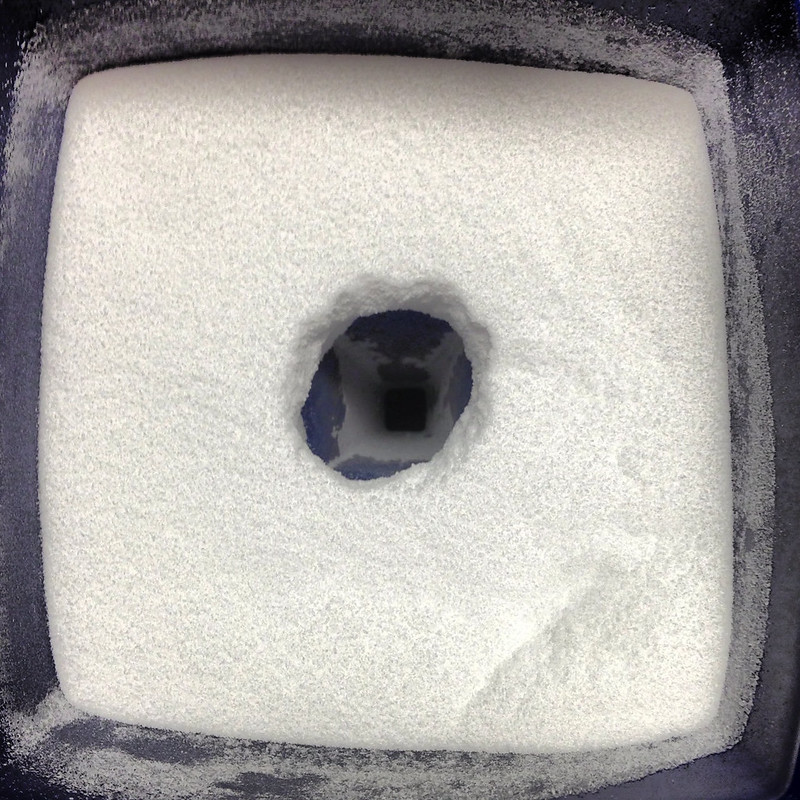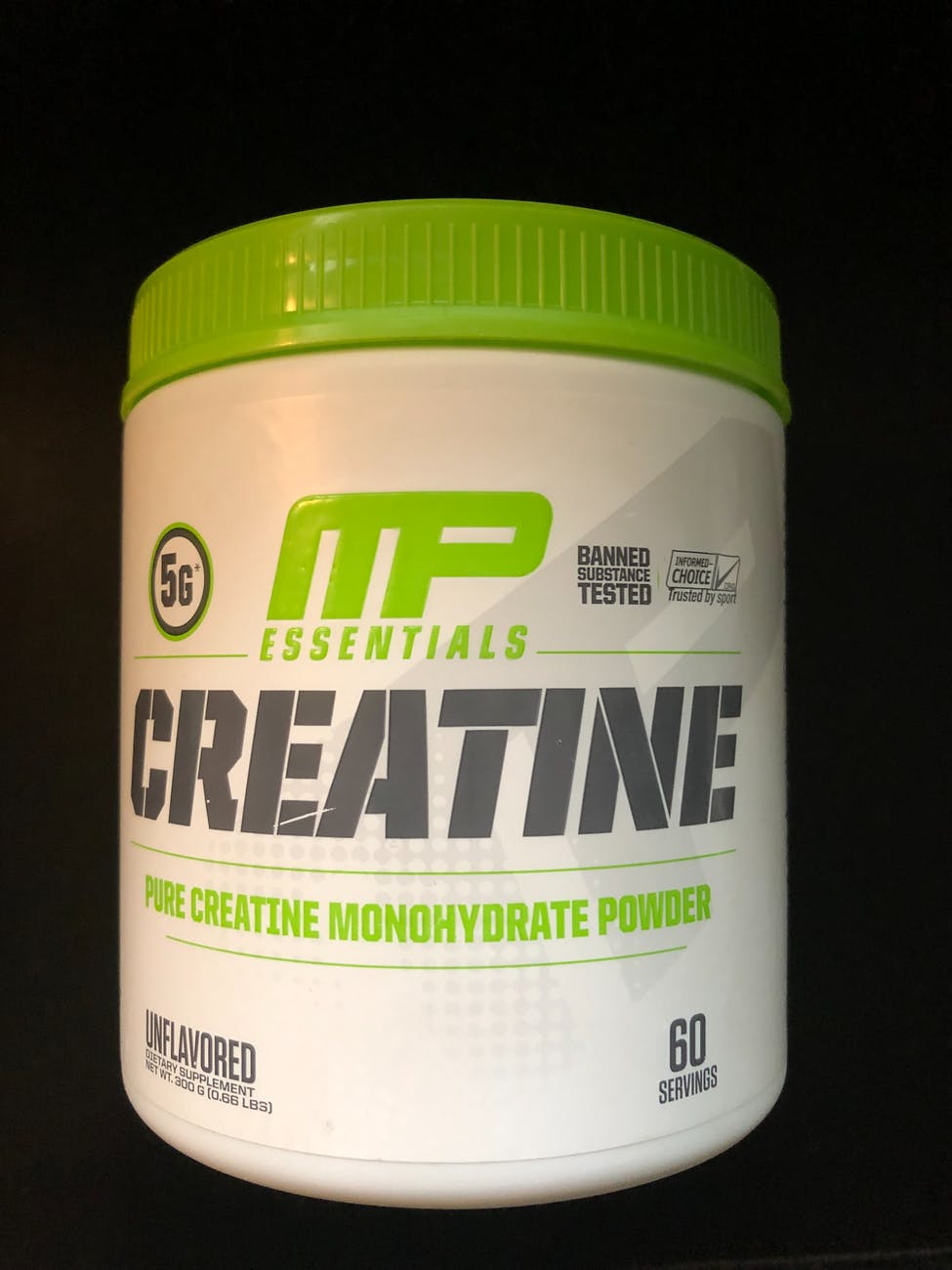Alright this is going to be straight to the point and without any extra information in it. But, some people have asked me about creatine and what it is, and how does it help with weight training. Not only that but some people when they ask me about creatine, they link it with whey protein asking, which is better and if they do the same thing. Because of this simple misconception and confusion, I think a lot of people are staying away from a very good product. Now, if you are just starting off, and haven’t trained a day in your life, then I’d suggest leaving creatine alone until maybe 6 months into training.

The basic staples that you need right now, is just whey protein powder, and that is it. A protein supplement is just there to help you get your protein macros in check. As for other supplements, I see no need for them at the moment. When I started weight training back in the day, all I used was a weight gainer and that is all. I gained my mass pretty steadily and quickly, because of what we call newbie gains. Not only that but I know now, I should have just gotten a protein supplement and call it a day. Focused on my nutritional part of weight training and once I had gotten that down, then step into other supplements.
One of the most important part of training, is nutrition, but this isn’t the topic of this discussion and I have already went off course with the staples, and protein, etc.
Anyways, creatine is a compound that can be readily found in some of the foods you eat, especially your fish products. But because creatine is a compound that isn’t in high abundance in fish as it would be in a supplement, athletes and bodybuilders or any fitness trainers, tend to want more of this so supplementation is recommended. The reason for the desired amount that fitness individuals are interested in consuming, generally 5 grams, is because of what creatine does.
Creatine kinase, that’s used in a metabolic process to produce energy that will be discussed in a second, has a phosphate group attached to it’s chemical structure, because of this, when ATP (the energy required by the body to go through it’s metabolic pathways and activities), breaks down and becomes ADP, it requires another phosphate to get back to ATP. When the phosphate breaks off of ATP, energy is produced. ADP then gets a phosphate, and yet again, ATP produced, energy is produced and the cycle begins all over again. Creatine kinase does the wonderful task of providing our ADP pal, with that extra phosphate so that energy production can be done in a faster way than the body can do naturally. A kinase is just an enzyme that provides a phosphate, hence CREATINE kinase. So, this benefits a weight trainer or athlete, because it allows for the muscles to be able to contract sooner, than if it was just the regular pathways produced by the body to provide ADP the extra phosphate. This extra energy is very beneficial. It’s suppose to keep the individual in the gym longer, and have them be able to push weight they haven’t been able to push before.
Although this is a fun thing, the reason why it’s not recommended for regular joes is because creatine can cause dehydration. This is why one has to be able to handle liquid consumption at an optimal level before handling creatine. Not only that but creatine has shown to have side effects of bloating, which some people don’t like. Also, water retention is another consequence of using creatine. When you cycle off of creatine, you will realize your size would have decreased because your cells are no longer holding the water. Creatine causes water to be pushed into your cells and gives you that “buff” effect. So, expect when you cycle off of it, that you will shrink a tad bit. But, the idea with using creatine, is so that when you’ve pumped those heavy weights for that 3 weeks, that when you’re done cycling creatine, you are suppose to have reaped the rewards of hypertrophy and have gained muscle mass.
If you would like to know a more detailed break down on how creatine works, keep reading.
The benefits of creatine is obvious. It’s not protein and has no connection with it, other than enhancing anabolic effects, which is building of muscle mass. Also, creatine isn’t a steroid just because it produces an anabolic effect, it’s not an anabolic steroid, which is a completely different thing. A lot of people are ignorant to creatine and what it is, and would combine the both into the same category. Protein remember is what is used to repair and build tissue, hence the need for it during body building. It also helps to maintain muscle mass, so it’s a good nutrient to consume while you’re maintaining your lead body mass or when you are cutting and want to keep that LBM you’ve gained.
I am guessing not much people was finding this article that detailed creatine, that I did a few months back. I think anyone who’s interested in upping their supplement stack with creatine, and getting their training onto another level after they’ve been lifting for a bit, should really consider creatine. It’s an awesome product, it’s very affordable and a lot of the brands that manufacturer this compound for athletic use, provide a lot of servings per containing. I have had my creatine for nearly a year now and I am still using it with great potency!
